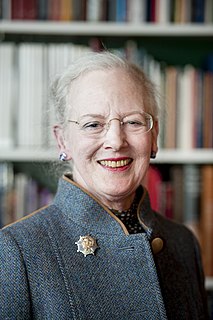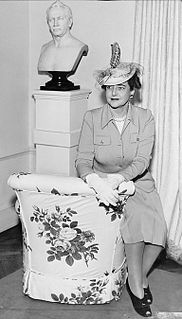A Quote by Willem de Kooning
The word 'abstract' comes from the light tower of the philosophers. One of their spotlights that they have particularly focused on 'Art'. [Abstraction was] not so much what you could paint but rather what you could not paint. You could not paint a house or a tree or a mountain. It was then that subject matter came into existence as something you ought not have.
Related Quotes
Painting allows me to use other portions of my brain pleasurably. Irony plays no part in what or how I paint. I paint the particular subject matter not to make polemical points but because I am interested in the human imprint on the landscape. I paint the landscape of my time and place with the stuff in it.
Photography has almost no reality; it is almost a hundred per cent picture. And painting always has reality: you can touch the paint; it has presence; but it always yields a picture - no matter whether good or bad. That's all the theory. It's no good. I once took some small photographs and then smeared them with paint. That partly resolved the problem, and it's really good - better than anything I could ever say on the subject.




































